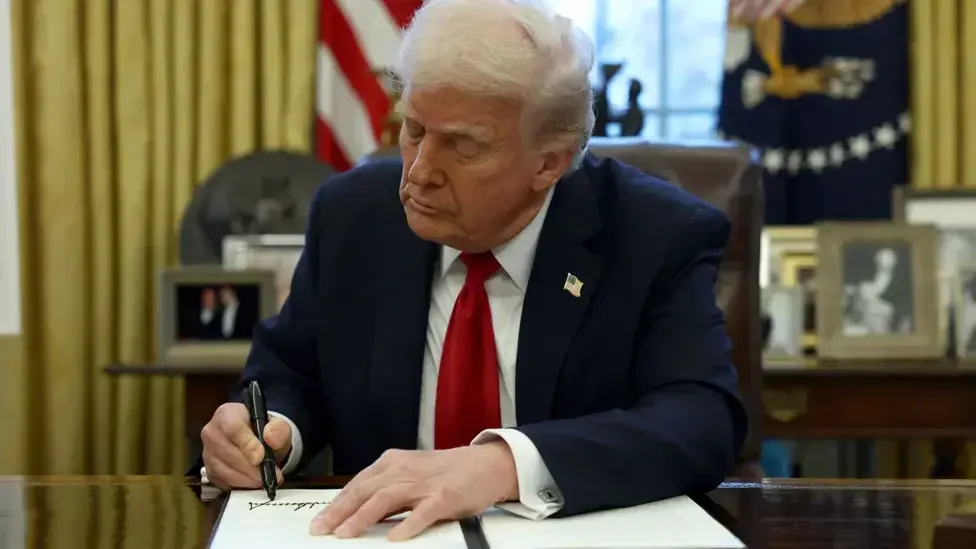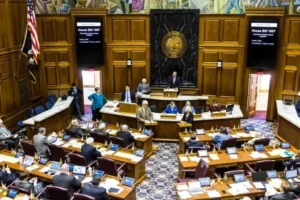President Donald Trump signed an executive order addressing federal elections, raising concerns in Alaska over its legal implications. While the US Constitution grants states significant control over elections, experts and lawmakers question the order’s enforceability.
Carol Beecher, the director of the Division of Elections, announced that her office is reviewing the order and consulting the Department of Law. The directive includes provisions requiring absentee ballots to reach election officials by Election Day, conflicting with Alaska’s current practice of accepting ballots postmarked on or before Election Day.
Legal experts remain cautious, declining to comment until the orders’ implications become more apparent. However, Sen Bill Wielechowski expressed doubt about their legality. The Alaska legislature is already debating bills to update state election laws.
These proposals aim to modify absentee ballot procedures and other election processes. Trump’s executive order, however, may complicate these efforts by introducing conflicting requirements. The order also mandates that voters registering through a national mail form provide citizenship proof documents.
Most voters in Alaska register using state forms, leaving the impact of the new ID rules uncertain. Additionally, the order threatens to withhold federal election funding from states that fail to implement similar ID requirements. Alaska received $1 million in federal election funding last year.
Wielechowski confirmed that legislative attorneys analyze the executive order to assess its impact on Alaska’s election policies. He expressed skepticism about the Trump administration’s ability to enforce such changes.
As Alaska lawmakers consider their next steps, Trump’s executive order on elections sheds light on the ongoing debate over federal versus state authority. Whether Alaska aligns with the executive order on election remains uncertain as officials analyze its implications.
This news article was originally published by Alaska Beacon.











